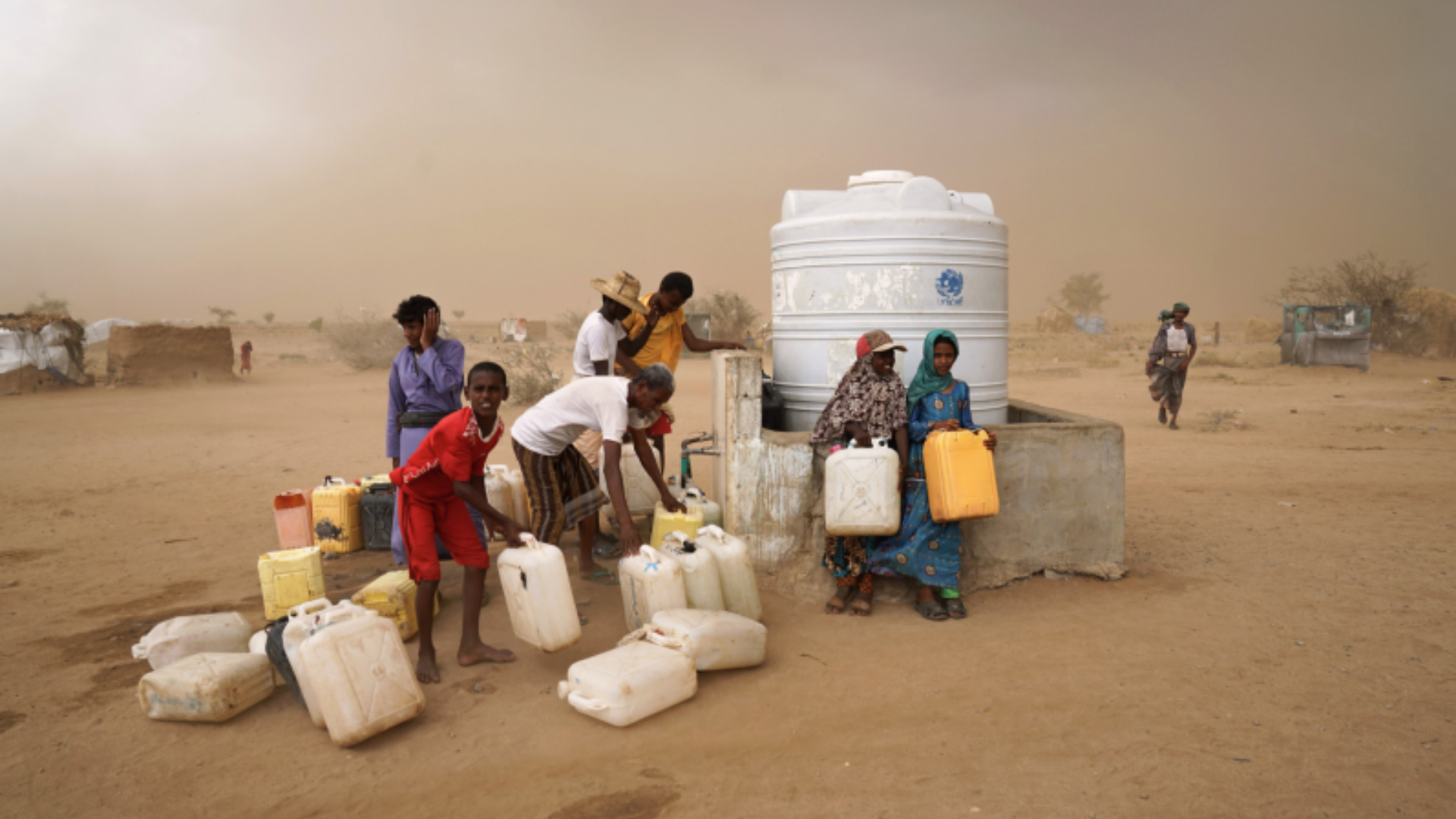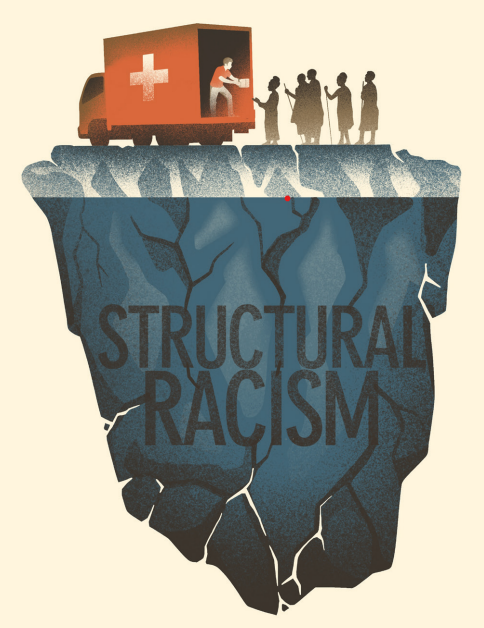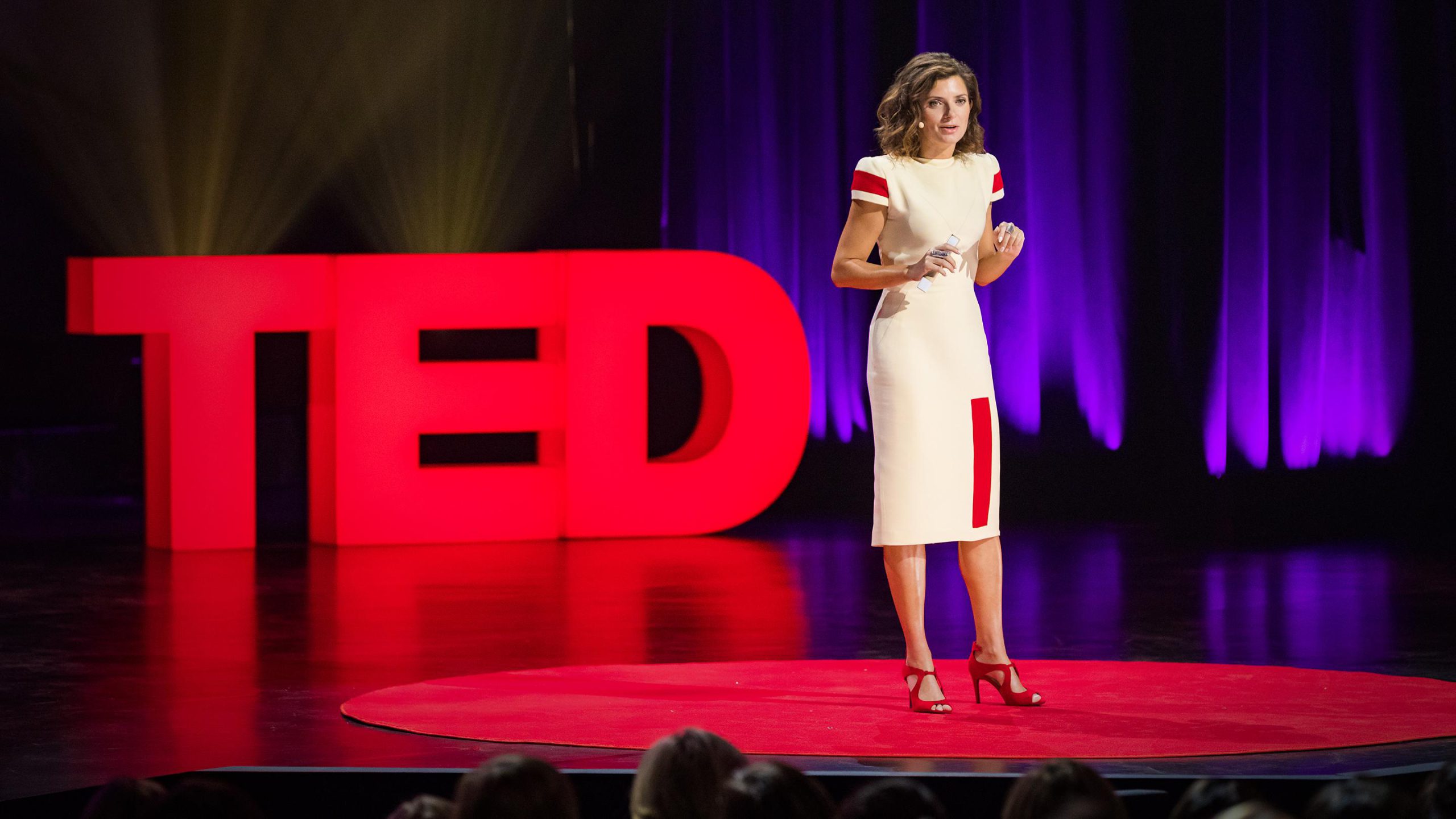Rhetorical Approaches to Decolonisation in the Aid Sector: A Case Study of Oxfam GB
While researching the decolonisation of aid communication, I have encountered multiple large aid organisations that have addressed their presence or support for decolonising aid. As the participation of large INGOs (International Non-Governmental Organisations) is essential to shift the power within the sector, this is excellent. However, it has got me …






